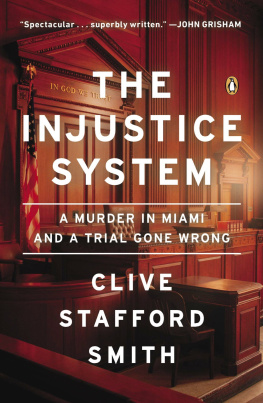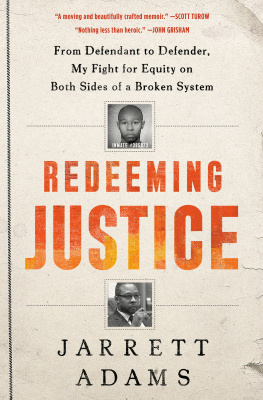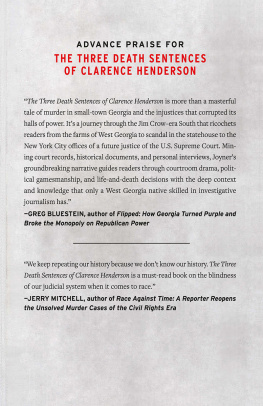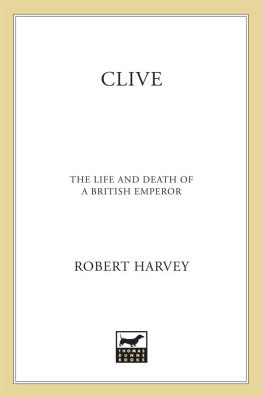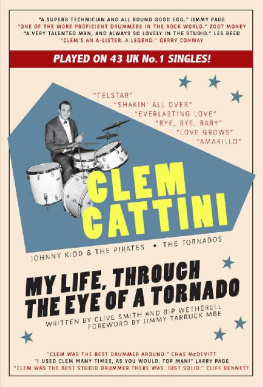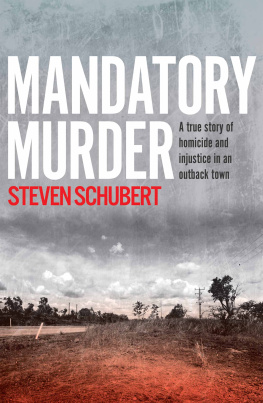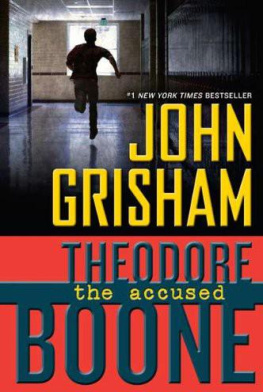PENGUIN BOOKS
An imprint of Penguin Random House LLC
375 Hudson Street
New York, New York 10014
penguin.com
First published in Great Britain as Injustice: Life and Death in the Courtrooms of America by Harvill Secker, an imprint of Random House Group Limited, 2012
First published in the United States of America by Viking Penguin, a member of Penguin Group (USA) Inc., 2012
Published in Penguin Books 2013
Copyright 2012 by Clive Stafford Smith
Penguin supports copyright. Copyright fuels creativity, encourages diverse voices, promotes free speech, and creates a vibrant culture. Thank you for buying an authorized edition of this book and for complying with copyright laws by not reproducing, scanning, or distributing any part of it in any form without permission. You are supporting writers and allowing Penguin to continue to publish books for every reader.
Ebook ISBN 9781101585580
THE LIBRARY OF CONGRESS HAS CATALOGED THE HARDCOVER EDITION AS FOLLOWS:
Smith, Clive Stafford.
The injustice system : a murder in Miami and a trial gone wrong / Clive Stafford Smith.
Includes bibliographical references and index.
ISBN 9780670023707 (hc.)
ISBN 9780143124160 (pbk.)
1. Maharaj, KrisTrials, litigation, etc. 2. Trials (Murder)Florida. 3. Criminal justice, Administration ofUnited States. I. Title.
KF224.M2115S652012
345.759'02523dc23
2012019068
Cover design: Jim Tierney
Cover photograph: Comstock / Getty Images
Version_2
This book is dedicated to Marita Maharaj,
whose dedication to her husband
through the quarter century
of his incarceration is an inspiration to us all.
The concept of justice as a lady with a blindfold and a pair of scales someone else may lay a decisive finger on without her noticing has often struck me as questionable. It presupposes a readiness in those among whom she dispenses her gifts to keep their hands to themselves. You must agree that would be a perfect world, and in such a world she would be a redundant figure. Keep the figure, by all means, as a symbol of what might be achieved. Keep the illusion of detachment. Cultivate its manner. But admit it cannot be a controlling force without compromising itself.
Paul Scott, The Day of the Scorpion
Our justice system makes two promises to its citizens: a fundamentally fair trial and an accurate result. If either of those two promises is not met, the criminal justice system itself falls into disrepute.
Pascal Calogero, former chief justice, Louisiana Supreme Court
PREFACE
I t is often said that human beings are falliblethat, notwithstanding our best efforts, we are bound to make mistakes. One of the most dissonant experiences of my life has been to represent someone at trial who I am sureto the extent a fallible human being can beis innocent, only to hear twelve jurors announce beyond a reasonable doubt that he or she is guilty.
After two or three years of investigation, I often know more about the circumstances of the crime than anyone else, sometimes more than the person on trialespecially if he or she is innocent. Terrified at making a mistake that could cost someone his life, I try to investigate and analyze every angle. I write up a long document about each case, hundreds of pages, that takes account of every possible theory of guilt or innocence. Sometimes Im confident that I know who really committed the murder.
And yet twelve jurors file back into the courtroom and say that the wrong person is guilty beyond a reasonable doubt. Perhaps they even decide he should be executed.
Such results are inevitable, no matter how vigorous the defense. But to say that all human endeavor is imperfect is merely a truism. If that were the sum of it, the question would be relatively simplewe know that mistakes are inevitable, so roughly what error rate are we willing to accept, in light of the value of our goal?
Despite precautions, argues the death penalty advocate Ernst van den Haag, nearly all human activities, such as trucking, lighting, or construction, cost the lives of some innocent bystanders. We do not give up these activities, because the advantages, moral or material, outweigh the unintended losses. Analogously, for those who think the death penalty just, miscarriages of justice are offset by the moral benefits and the usefulness of doing justice.
Arguments may rageparticularly in academiaover what the benefits of the death penalty may be. But the debate obscures the real problem: most of the lapses do not simply happen by accident. Rather, the system is structured in such a way that it inevitably failsit is almost as if it were designed to fail. Even the most superficial analysis reveals how the legal procedure we use for sending people to prison is deeply flawed. Politicians and judges do not discuss the systems faults; instead, they write and rewrite rules that are designed to convince us that the emperor before us is not naked after all.
Lawyers and judges will tell you that it is better that one hundred guilty people go free than that one innocent person should suffer imprisonment. Many of these jurists, however, do not translate this precept into practice. Of course, they might act differently if they themselves, or someone they knew and loved, were the innocent person being sent to prison. Suddenly the debate would involve not a faceless statistic but rather a human being, who has only one life, which is being wrenched from him for a crime he did not commit. But the rules are not written by people who expect to live by them.
Jurists would also have us believe that the American legal process is the best in the world. Perhaps it is. Perhaps America delivers merely the least-worst justice. But to cling to mediocrity because it is superior to catastrophe would be a sorry ambition.
Most people would agree that the purpose of the legal system is to make society safer by ensuring that those who commit crimes are incapacitated and punished. So let us consider whether each actor in the legal system is contributing to this goal. Charles Darwin spoke of the survival of the fittest or the best adapted. In the legal system, we must examine whether each player is best adapted to his or her rolewhether he or she brings the right talents to achieve the stated objective.
For nearly thirty years, I have been representing defendants in capital cases mainly in the South, based first in Atlanta and then in New Orleans. My aim is to help provoke a debate that is, unfortunately, not currently taking place. We have to recognize our predicament before we can pose solutions. Two simple rules should guide all efforts toward reform: first, we must clearly identify where we are trying to go; and second, we must be sure that every incremental change that we make takes us closer to that destination rather than farther from it. It is emphatically not sufficient to try to sweep the problems under the carpet, as all three branches of the U.S. government are wont to do.
This book traces the life, and death sentence, of Krishna (Kris) Maharaj, a British businessman, born and raised in Trinidad, who was tried and convicted for committing a double murder that took place at the DuPont Plaza Hotel in downtown Miami very close to the noon hour on October 16, 1986. The victims were a Jamaican businessman, Derrick Moo Young, and his son Duane.
Please try not to prejudge Krishna Maharaj as either innocent or guilty. By the end, no doubt you will have formed an opinion; only at that point I ask that you act on it. By then, you may have reached a verdict on our criminal justice system as well.

